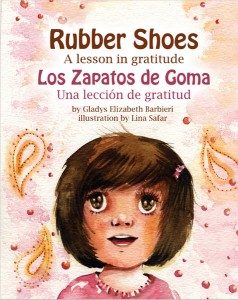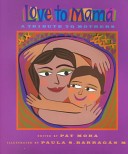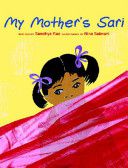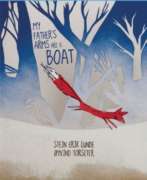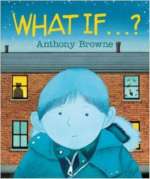
What if Joe doesn’t like the party he’s going to? What if he doesn’t like the food or the games or the people? As Joe and his mom walk down the darkening street, Joe’s imagination starts to run wild. And as they search for the right place, he wonders “what if …” at each house, peeking in to see some surprising sights.


